Mumbai: Amid growing concerns over dwindling international support for queer rights, a study has highlighted significant gaps in funding for India’s LGBTQIA+ community. With an estimated queer population of 14 crore, India receives less than 1% of global LGBTQIA+ funding. Domestically, only one of India’s top 50 donors explicitly supports queer causes, shows the report titled ‘Against All Odds – Advancing Equity for India’s LGBTQIA+ Communities’.
The study by Dasra, a non-profit, was released at the launch of the Pride Fund, India’s first dedicated LGBTQIA+ philanthropy fund, on Feb 4. Founded by three prominent LGBTQIA+ leaders — Radhika Piramal, executive director of VIP Industries and trustee at Dasra UK; Keshav Suri, executive director of Lalit Suri Hospitality Group and founder of the Keshav Suri Foundation; and Parmesh Shahani, head of Godrej DEI Lab — the Pride Fund aims to bridge the funding gap in queer philanthropy in India.
With an initial corpus of Rs 2 crore, the fund, anchored by Godrej DEI Lab and Dasra, will support eight queer-led NGOs across India: Payana, Chhattisgarh Mitwa Sankalp Samiti, Ya All, Basera Samajik Sansthan, Deepshikha Samiti, Vikalp, Sappho for Equality, and Karna Subarna Welfare Society. These organisations were shortlisted from 50 applicants, with 29 submitting programme proposals.
“The LGBTQIA+ community in India is running on fumes,” said Piramal, pointing to Dasra’s report, which found that in 2021-22, India received just $2 million in foreign funding for queer communities — less than 1% of total global LGBTQIA+ funding. Based on the Global Resources Report: Govt & Philanthropic Support for Lesbian, Gay, Bisexual, Transgender, and Intersex Communities (2021-2), the study revealed that South Asia received only 23% of global queer funding, marking a 29% decline from the previous period. In contrast, the Asia-Pacific region saw a 63% rise in queer funding, yet India received just 5% of the total allocated to the region.
While 59% of queer funding in India comes from international donors, only 43% of nonprofits working in the space are eligible to receive foreign contributions. The rest lack Foreign Contribution Regulation Act registration. “Queer-led NGOs are often the only lifeline for vulnerable individuals, yet they remain desperately underfunded,” Piramal noted. “With international aid at risk of drying up, Indian corporates and foundations must step up to fill this gap.”
Despite the growing discourse on inclusivity, grassroots organisations — especially in non-metro areas — continue to struggle with access to funds. Only 27% of LGBTQIA+ NGOs have a national presence, leaving many underserved regions without adequate support. Regional funders in Asia-Pacific contributed only 14% to queer philanthropy in 2021-22. Dasra’s survey of India’s top 50 funders found that they contributed Rs 79 billion to philanthropy in 2023, with health and education being the primary focus areas.
Despite some funders contributing to LGBTQIA+ causes, only two explicitly prioritised queer issues, while others provided sporadic support when these issues aligned with their broader goals, finds the report. “Many domestic funders lack awareness or understanding of LGBTQIA+ issues, and socio-political factors may lead to hesitation in supporting queer causes,” says the report, pointing out that the dispersed nature of the community and limited visibility pose challenges in attracting funding. “Funders, especially CSR donors, often prefer projects with large-scale, immediate impact, which can be difficult for organisations working with scattered, marginalised communities,” the report noted. “Local philanthropists and foundations may not be sufficiently supporting LGBTQIA+ issues, possibly due to social, cultural, or political reasons,” the report observed.
Mumbai: Amid growing concerns over dwindling international support for queer rights, a study has highlighted significant gaps in funding for India’s LGBTQIA+ community. With an estimated queer population of 14 crore, India receives less than 1% of global LGBTQIA+ funding. Domestically, only one of India’s top 50 donors explicitly supports queer causes, shows the report titled ‘Against All Odds – Advancing Equity for India’s LGBTQIA+ Communities’.
The study by Dasra, a non-profit, was released at the launch of the Pride Fund, India’s first dedicated LGBTQIA+ philanthropy fund, on Feb 4. Founded by three prominent LGBTQIA+ leaders — Radhika Piramal, executive director of VIP Industries and trustee at Dasra UK; Keshav Suri, executive director of Lalit Suri Hospitality Group and founder of the Keshav Suri Foundation; and Parmesh Shahani, head of Godrej DEI Lab — the Pride Fund aims to bridge the funding gap in queer philanthropy in India.
With an initial corpus of Rs 2 crore, the fund, anchored by Godrej DEI Lab and Dasra, will support eight queer-led NGOs across India: Payana, Chhattisgarh Mitwa Sankalp Samiti, Ya All, Basera Samajik Sansthan, Deepshikha Samiti, Vikalp, Sappho for Equality, and Karna Subarna Welfare Society. These organisations were shortlisted from 50 applicants, with 29 submitting programme proposals.
“The LGBTQIA+ community in India is running on fumes,” said Piramal, pointing to Dasra’s report, which found that in 2021-22, India received just $2 million in foreign funding for queer communities — less than 1% of total global LGBTQIA+ funding. Based on the Global Resources Report: Govt & Philanthropic Support for Lesbian, Gay, Bisexual, Transgender, and Intersex Communities (2021-2), the study revealed that South Asia received only 23% of global queer funding, marking a 29% decline from the previous period. In contrast, the Asia-Pacific region saw a 63% rise in queer funding, yet India received just 5% of the total allocated to the region.
While 59% of queer funding in India comes from international donors, only 43% of nonprofits working in the space are eligible to receive foreign contributions. The rest lack Foreign Contribution Regulation Act registration. “Queer-led NGOs are often the only lifeline for vulnerable individuals, yet they remain desperately underfunded,” Piramal noted. “With international aid at risk of drying up, Indian corporates and foundations must step up to fill this gap.”
Despite the growing discourse on inclusivity, grassroots organisations — especially in non-metro areas — continue to struggle with access to funds. Only 27% of LGBTQIA+ NGOs have a national presence, leaving many underserved regions without adequate support. Regional funders in Asia-Pacific contributed only 14% to queer philanthropy in 2021-22. Dasra’s survey of India’s top 50 funders found that they contributed Rs 79 billion to philanthropy in 2023, with health and education being the primary focus areas.
Despite some funders contributing to LGBTQIA+ causes, only two explicitly prioritised queer issues, while others provided sporadic support when these issues aligned with their broader goals, finds the report. “Many domestic funders lack awareness or understanding of LGBTQIA+ issues, and socio-political factors may lead to hesitation in supporting queer causes,” says the report, pointing out that the dispersed nature of the community and limited visibility pose challenges in attracting funding. “Funders, especially CSR donors, often prefer projects with large-scale, immediate impact, which can be difficult for organisations working with scattered, marginalised communities,” the report noted. “Local philanthropists and foundations may not be sufficiently supporting LGBTQIA+ issues, possibly due to social, cultural, or political reasons,” the report observed.
Language barriers also create hurdles. “Proposals for funding often need to be written in English, which poses a significant challenge for grassroots activists,” said Karnataka-based trans activist Chandini. Given India’s large population—18% of the global demographic—and the pressing challenges faced by its LGBTQIA+ community, addressing the funding gap is crucial, say activists.
Dr Aqsa Shaikh, one of India’s first trans women doctors, pointed to the lack of budget allocation for trans welfare in the recent Union Budget and underscored the need for sustained funding to support initiatives like Garima Greh, shelter homes for trans persons. Others emphasised the need for broader social inclusion. “Inclusion isn’t charity, it’s a necessity,” said Suri.
Check out the latest news about Delhi Elections 2025, including key constituencies such as Chandni Chowk, New Delhi, Kalkaji, Jangpura, Patparganj, Rohini, Rajinder Nagar, Greater Kailash, Okhla, and Dwarka.
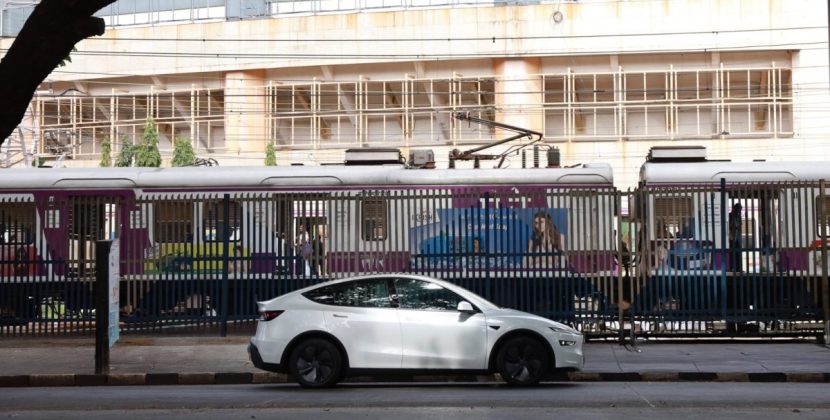


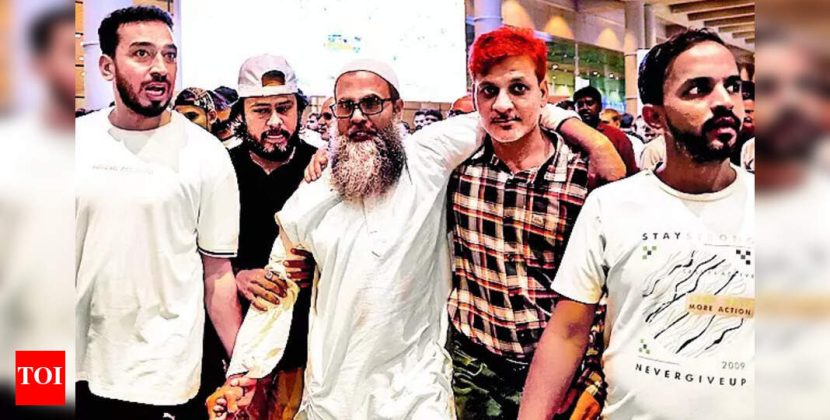





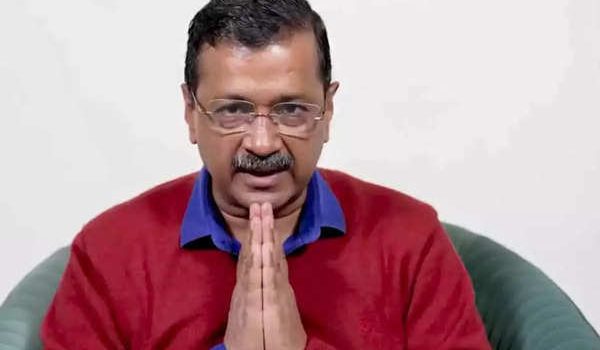
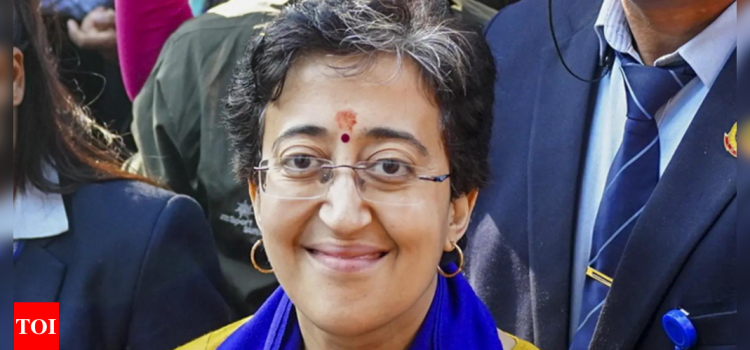
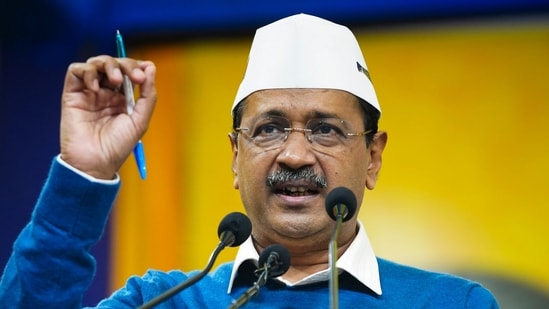
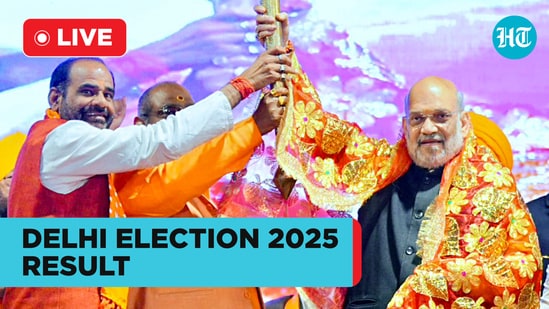

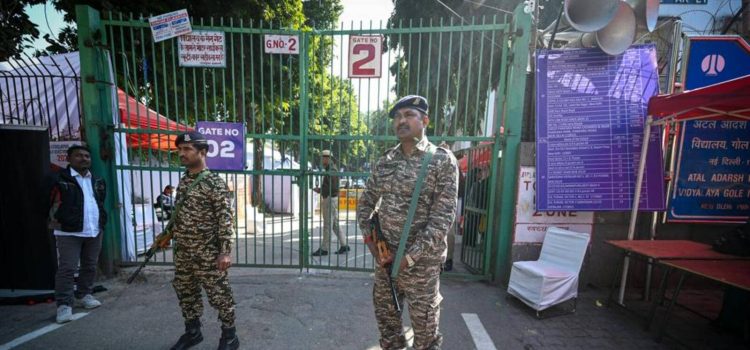
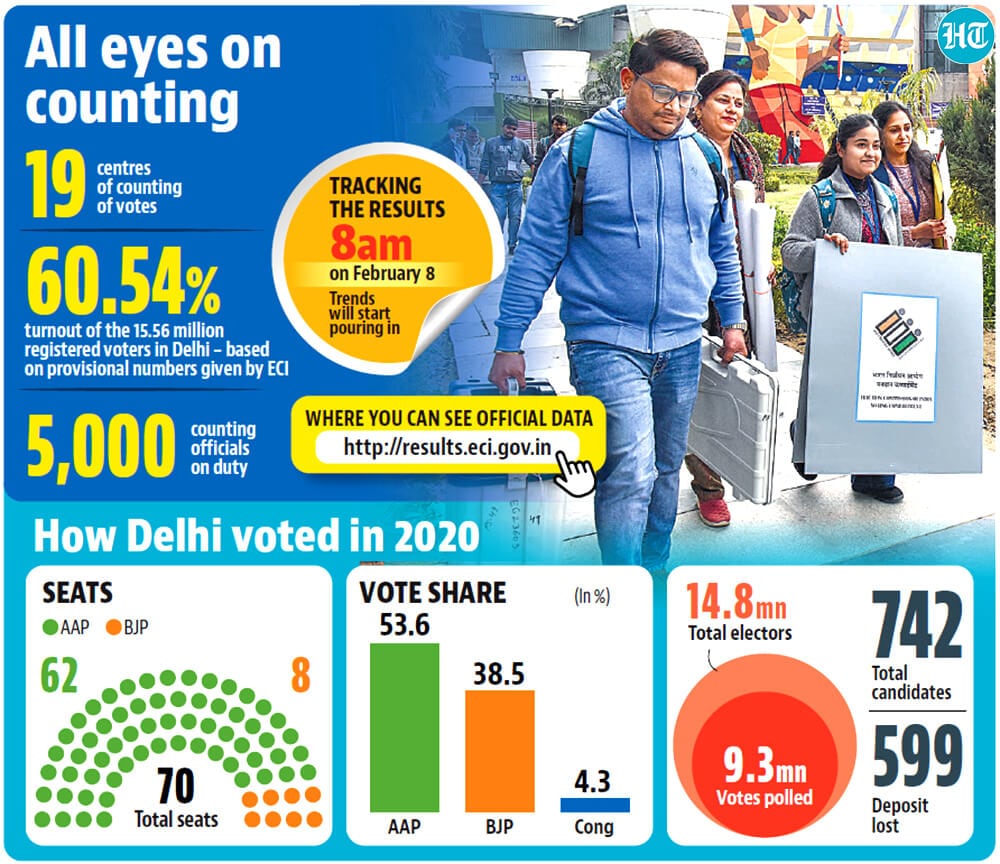
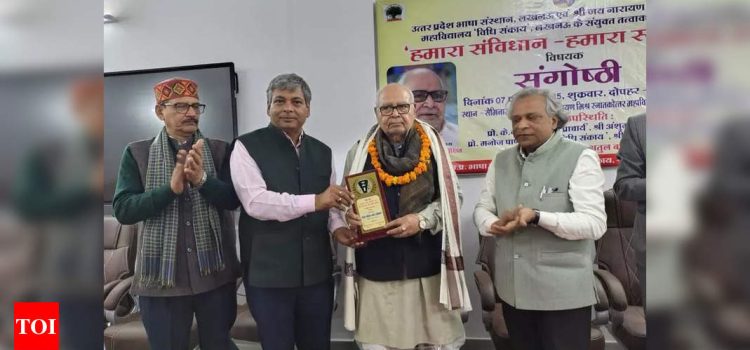
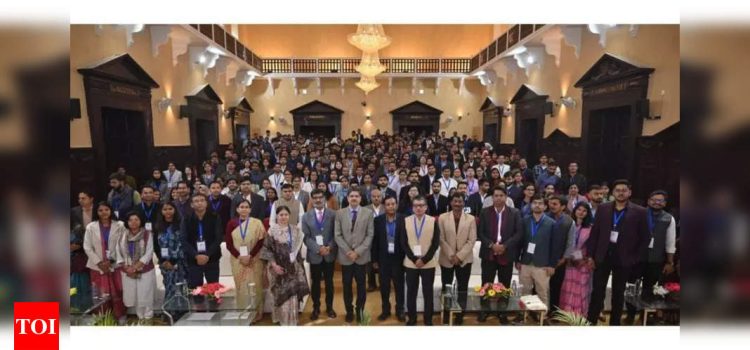
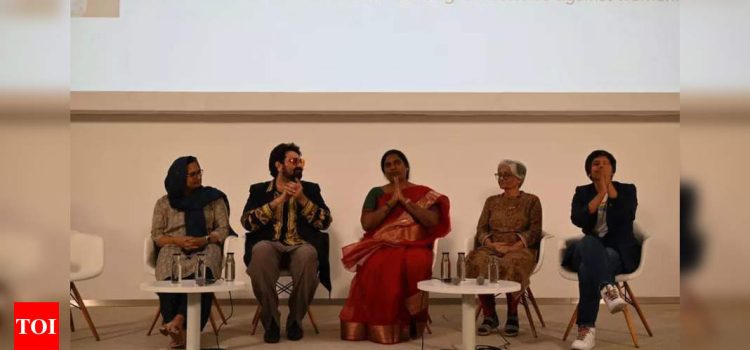
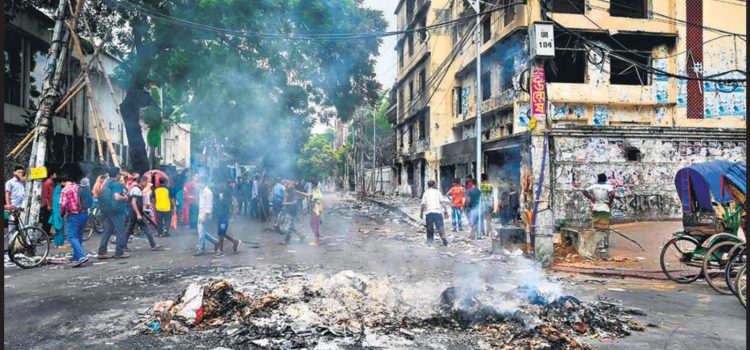

Comments